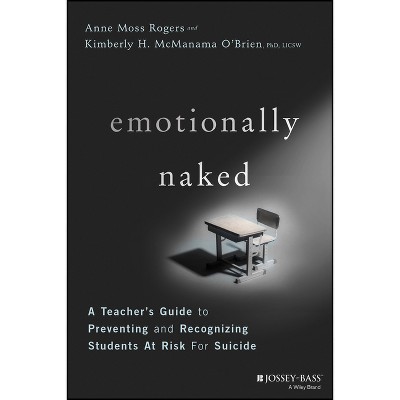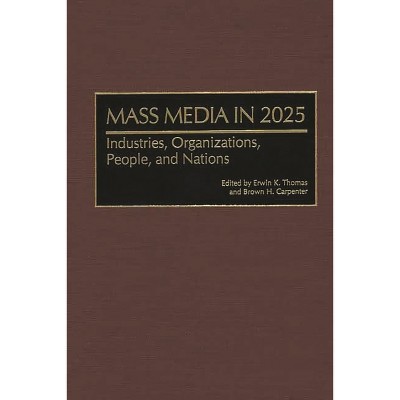Sponsored

Risky Communications and Precarity in London's Shared Housing - by Hasret Saygı (Hardcover)
In Stock
Sponsored
About this item
Highlights
- This book examines the experiences of single professionals living in shared housing in London, focusing on how language, communication, and social inequalities shape these living arrangements.
- About the Author: Hasret Saygı is an Honorary Research Fellow at the Institute of Education, University College London, UK.
- 117 Pages
- Language + Art + Disciplines, Language Arts
Description
Book Synopsis
This book examines the experiences of single professionals living in shared housing in London, focusing on how language, communication, and social inequalities shape these living arrangements. It frames shared housing not only as an economic condition but also as a communicative, social, and identity-laden experience.
Drawing on the discourse analysis of interviews conducted with London's millennials sharing a house with strangers, the book introduces a language socialisation framework to illustrate how they learn to become competent housemates. It explores how individuals internalise unspoken norms, manage routines, and negotiate relationships within multilingual, multicultural households.
The book also highlights what it means to be single and living in London today, particularly in the context of housing. It examines how house sharers navigate spatial and social boundaries and experience precarity, especially through the lenses of migration, ethnicity, and linguistic background.
This book will appeal to scholars in sociolinguistics, anthropology, urban studies, human geography, and architecture.
From the Back Cover
This book examines the experiences of single professionals living in shared housing in London, focusing on how language, communication, and social inequalities shape these living arrangements. It frames shared housing not only as an economic condition but also as a communicative, social, and identity-laden experience.
Drawing on the discourse analysis of interviews conducted with London's millennials sharing a house with strangers, the book introduces a language socialisation framework to illustrate how they learn to become competent housemates. It explores how individuals internalise unspoken norms, manage routines, and negotiate relationships within multilingual, multicultural households.
The book also highlights what it means to be single and living in London today, particularly in the context of housing. It examines how house sharers navigate spatial and social boundaries and experience precarity, especially through the lenses of migration, ethnicity, and linguistic background.
This book will appeal to scholars in sociolinguistics, anthropology, urban studies, human geography, and architecture.
Hasret Saygı is an Honorary Research Fellow at the Institute of Education, University College London, UK. She holds a PhD from Boğaziçi University, Istanbul, and an MA from King's College London. Her research lies at the intersection of language, migration, and inequality, exploring how linguistic practices influence, empower, or marginalise communities.
About the Author
Hasret Saygı is an Honorary Research Fellow at the Institute of Education, University College London, UK. She holds a PhD from Boğaziçi University, Istanbul, and an MA from King's College London. Her research lies at the intersection of language, migration, and inequality, exploring how linguistic practices influence, empower, or marginalise communities.
Shipping details
Return details
Trending Non-Fiction

















